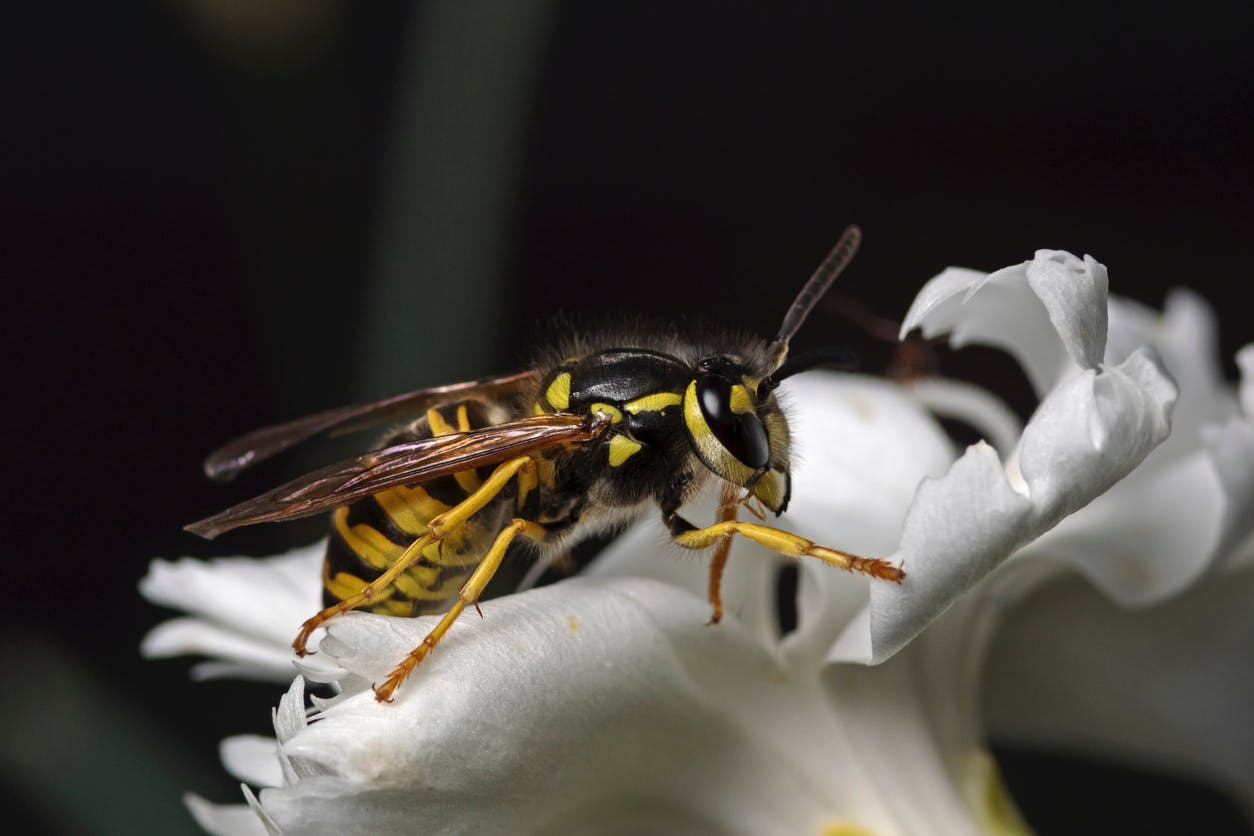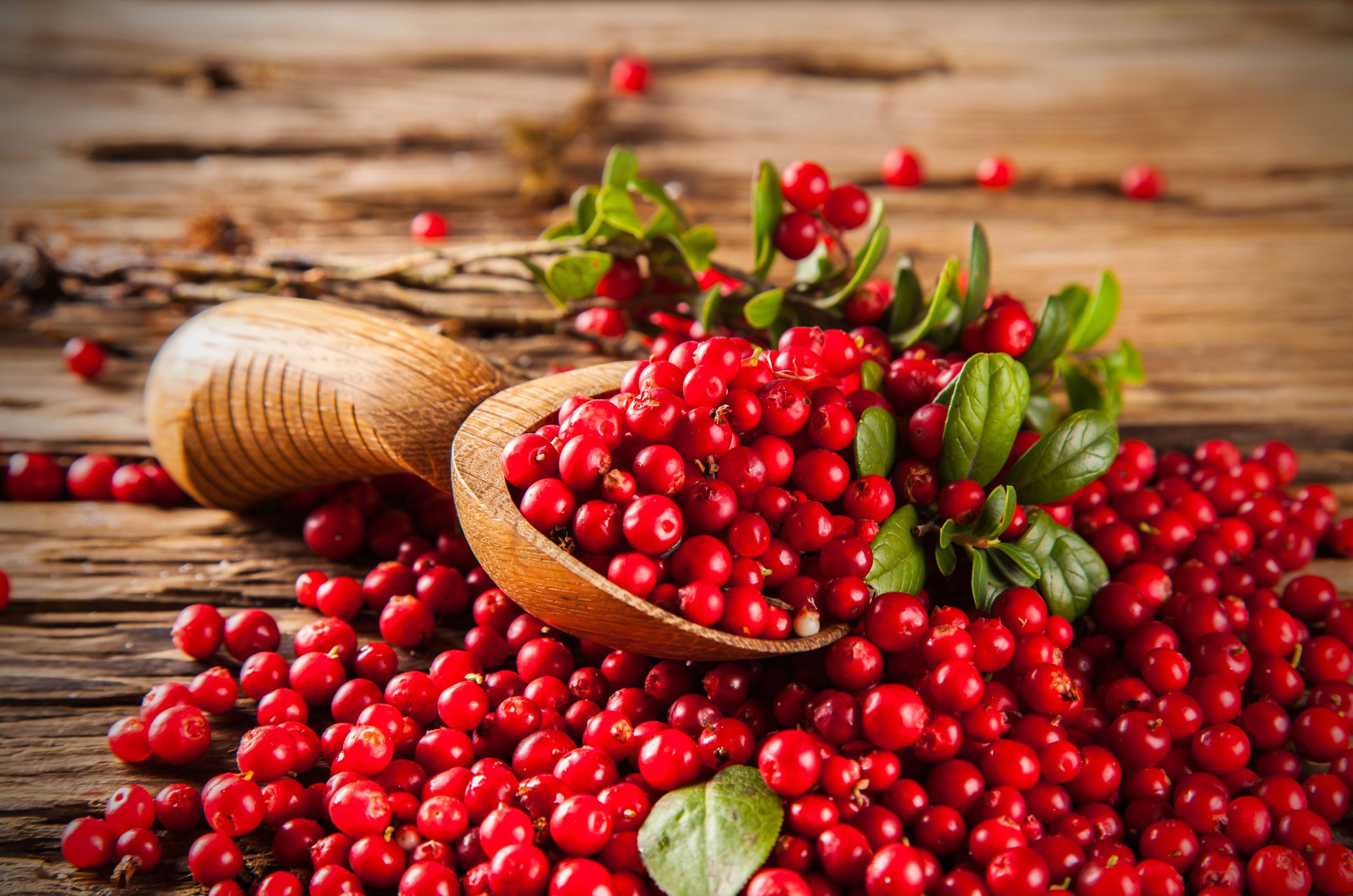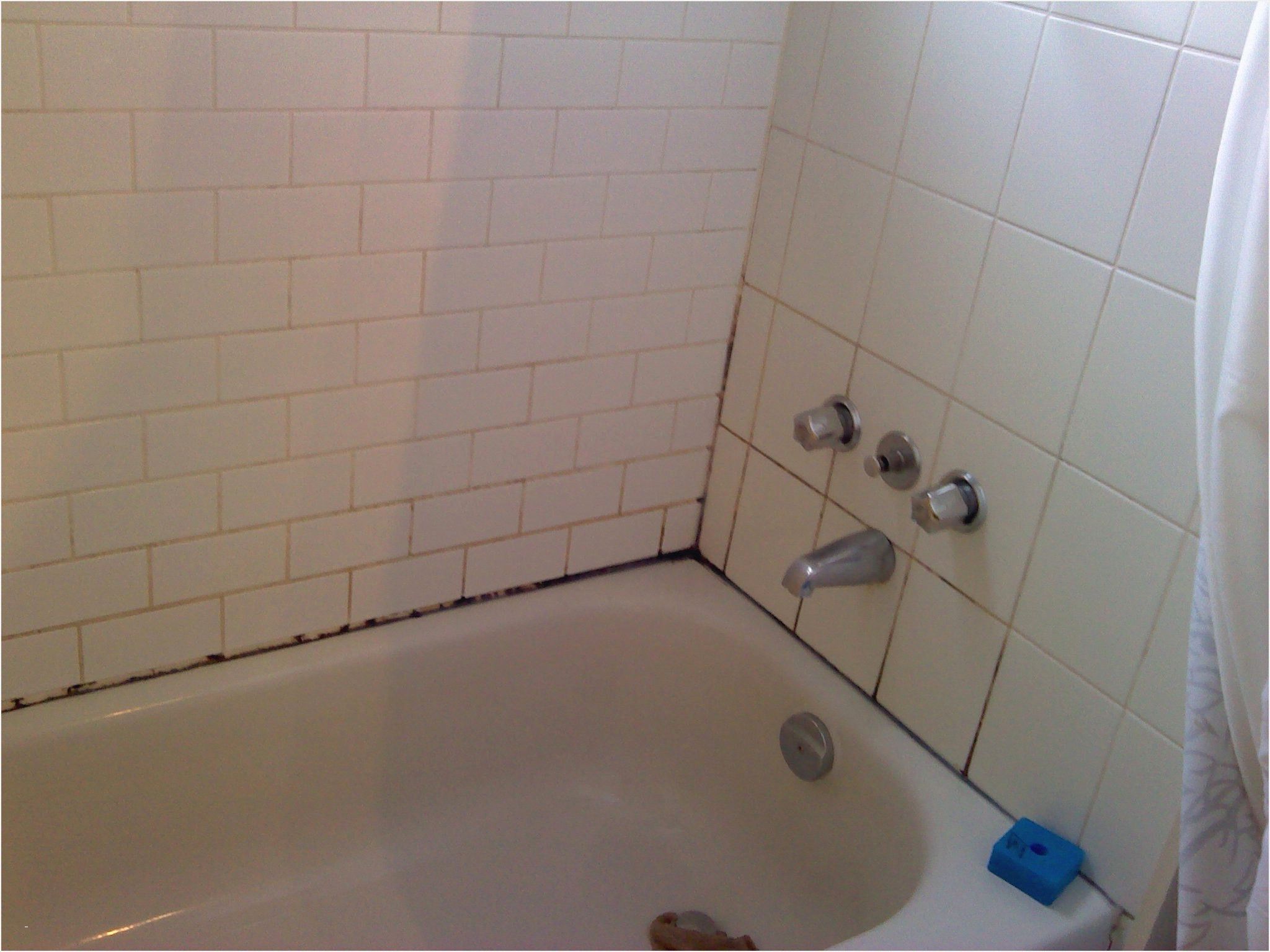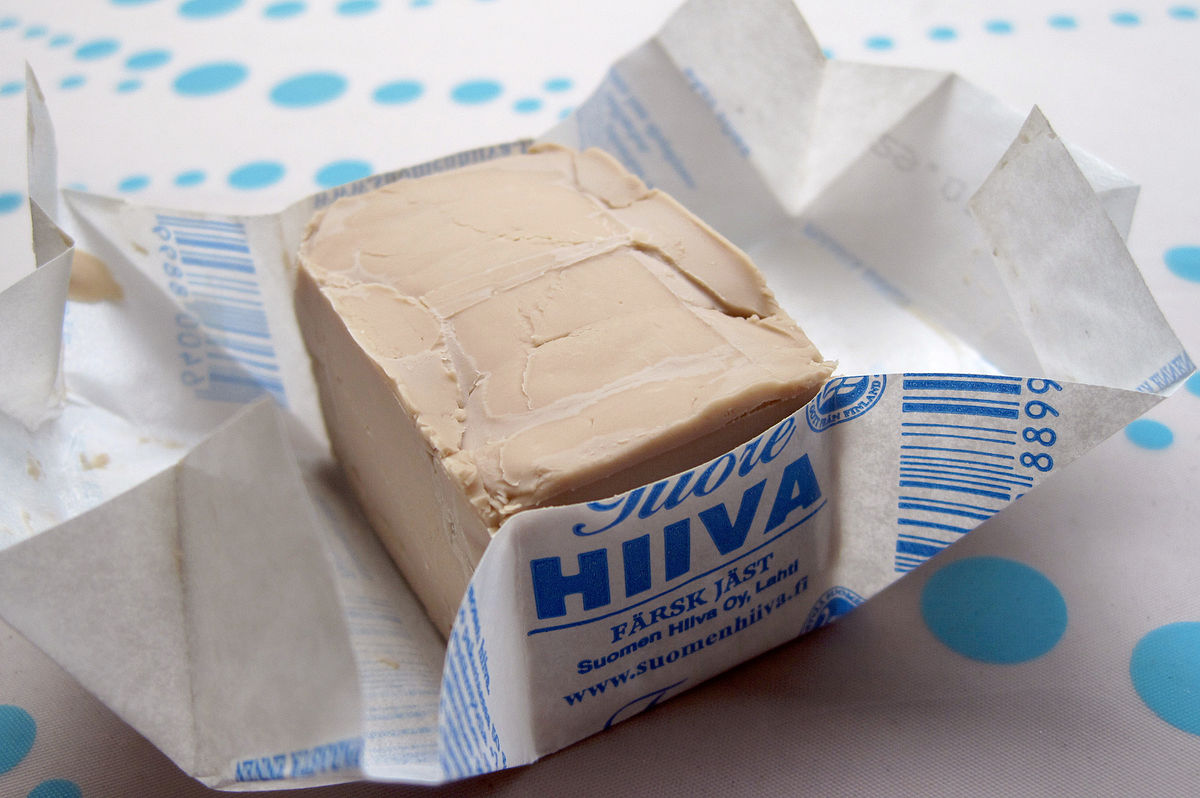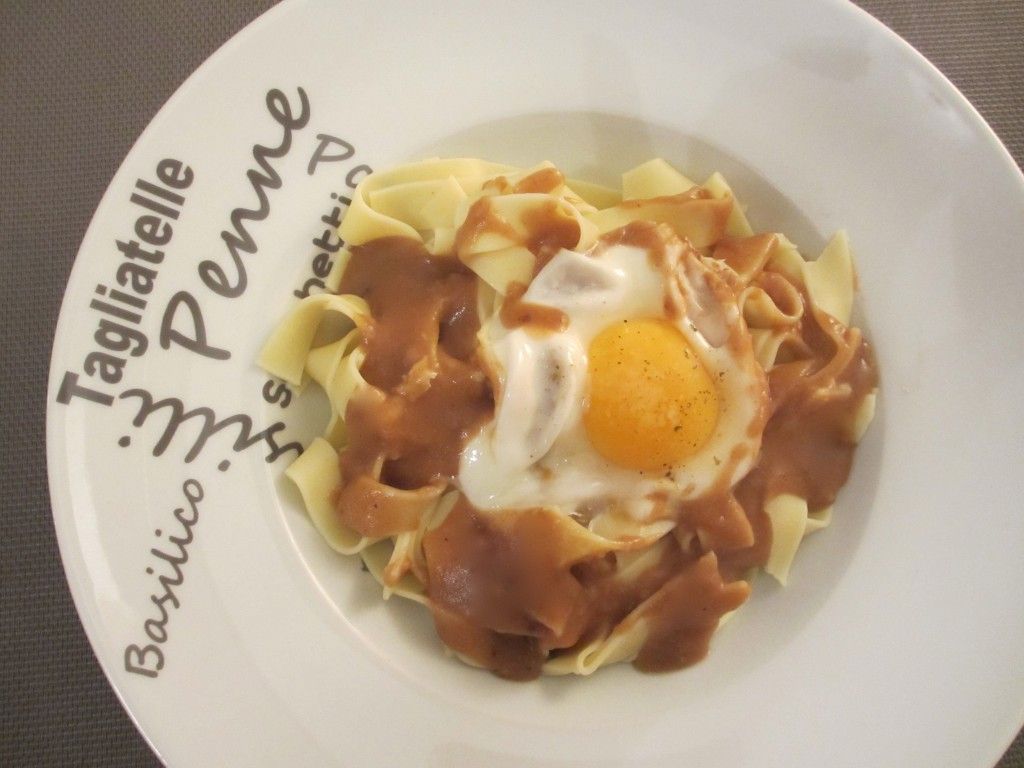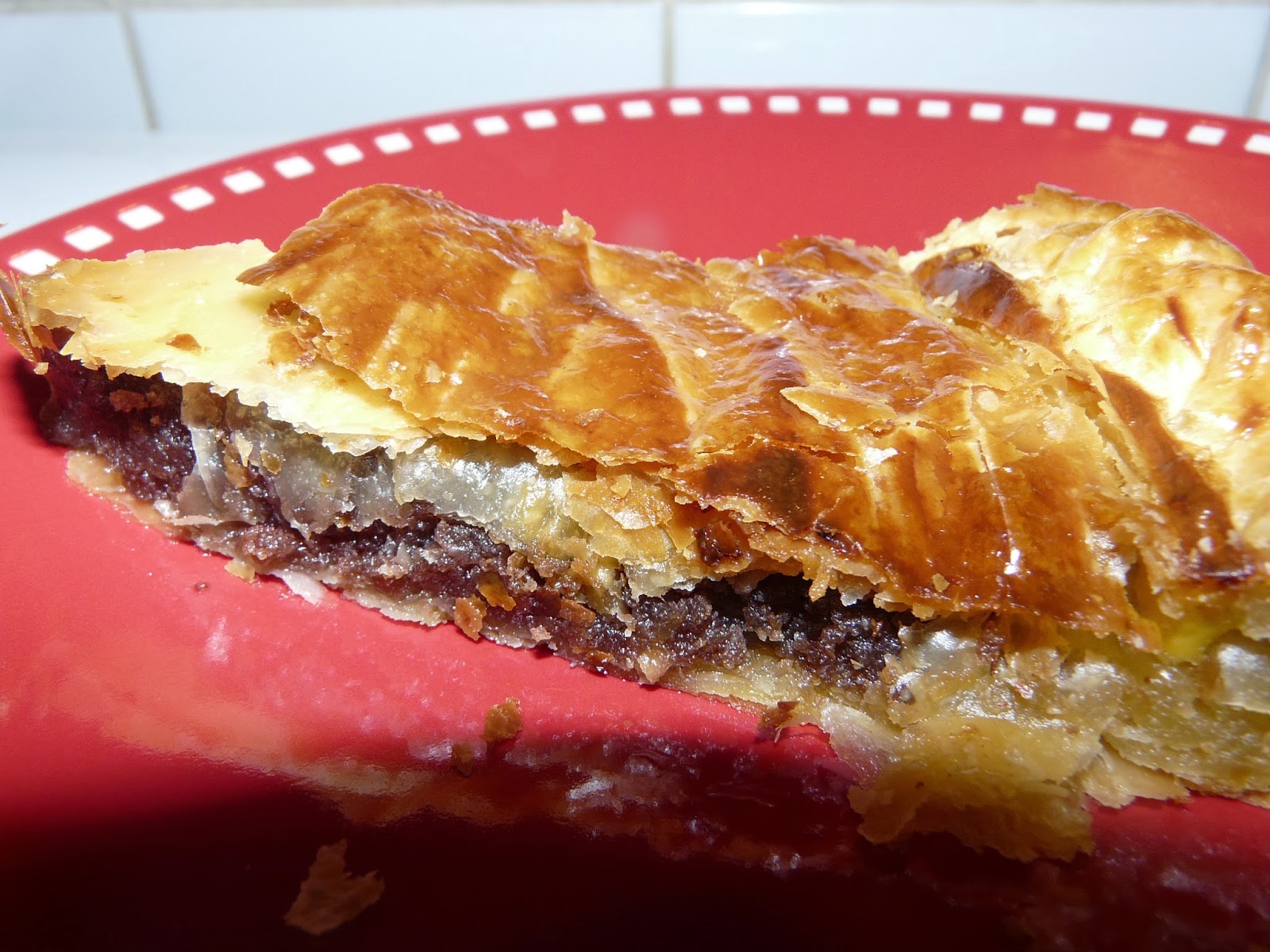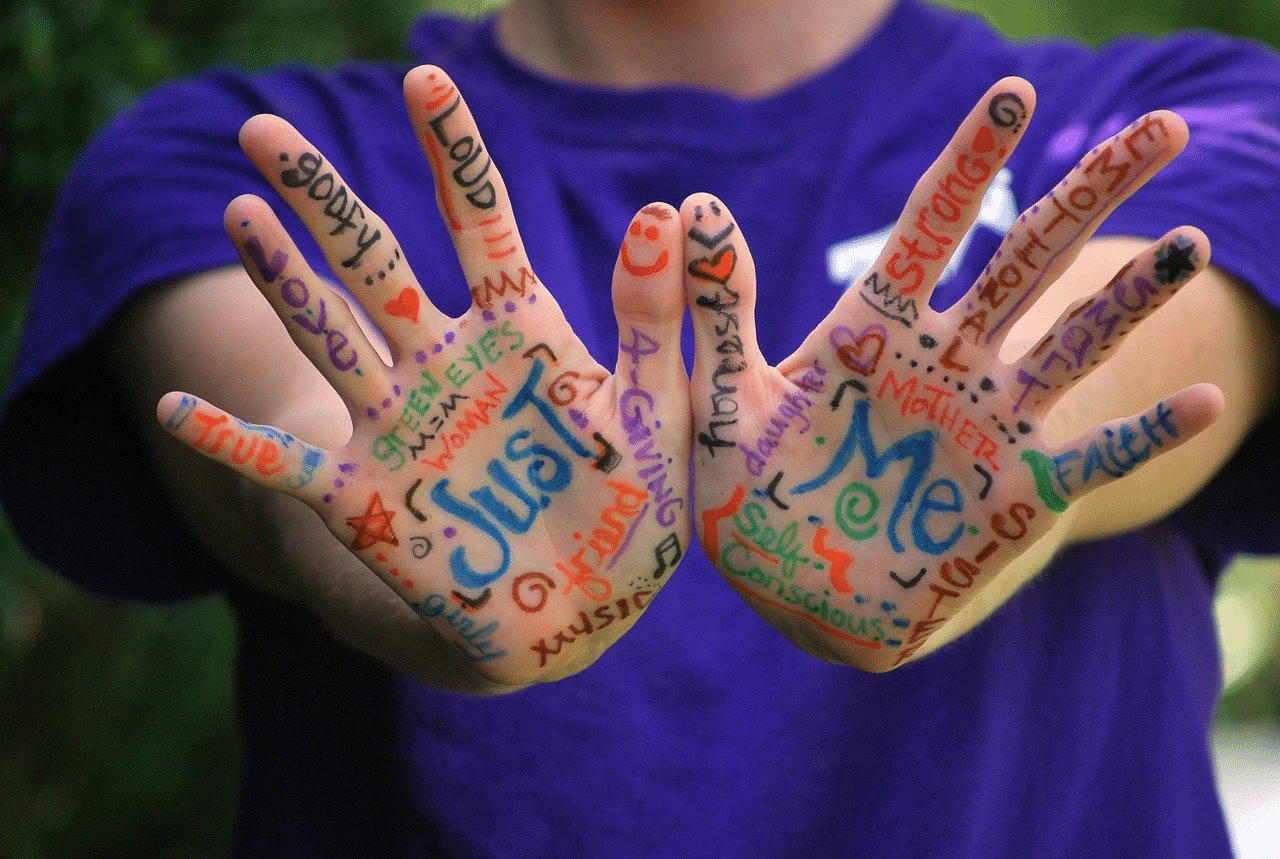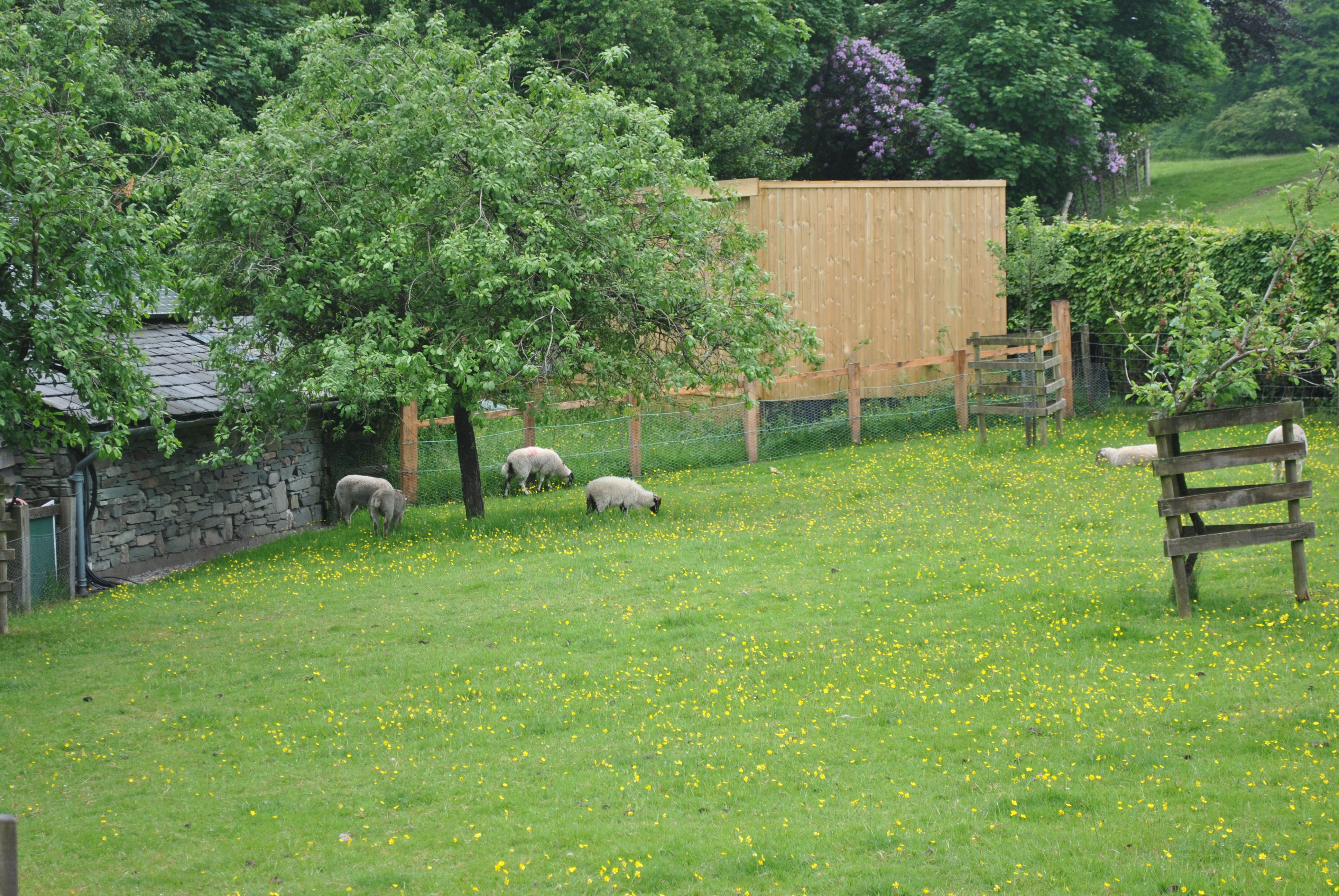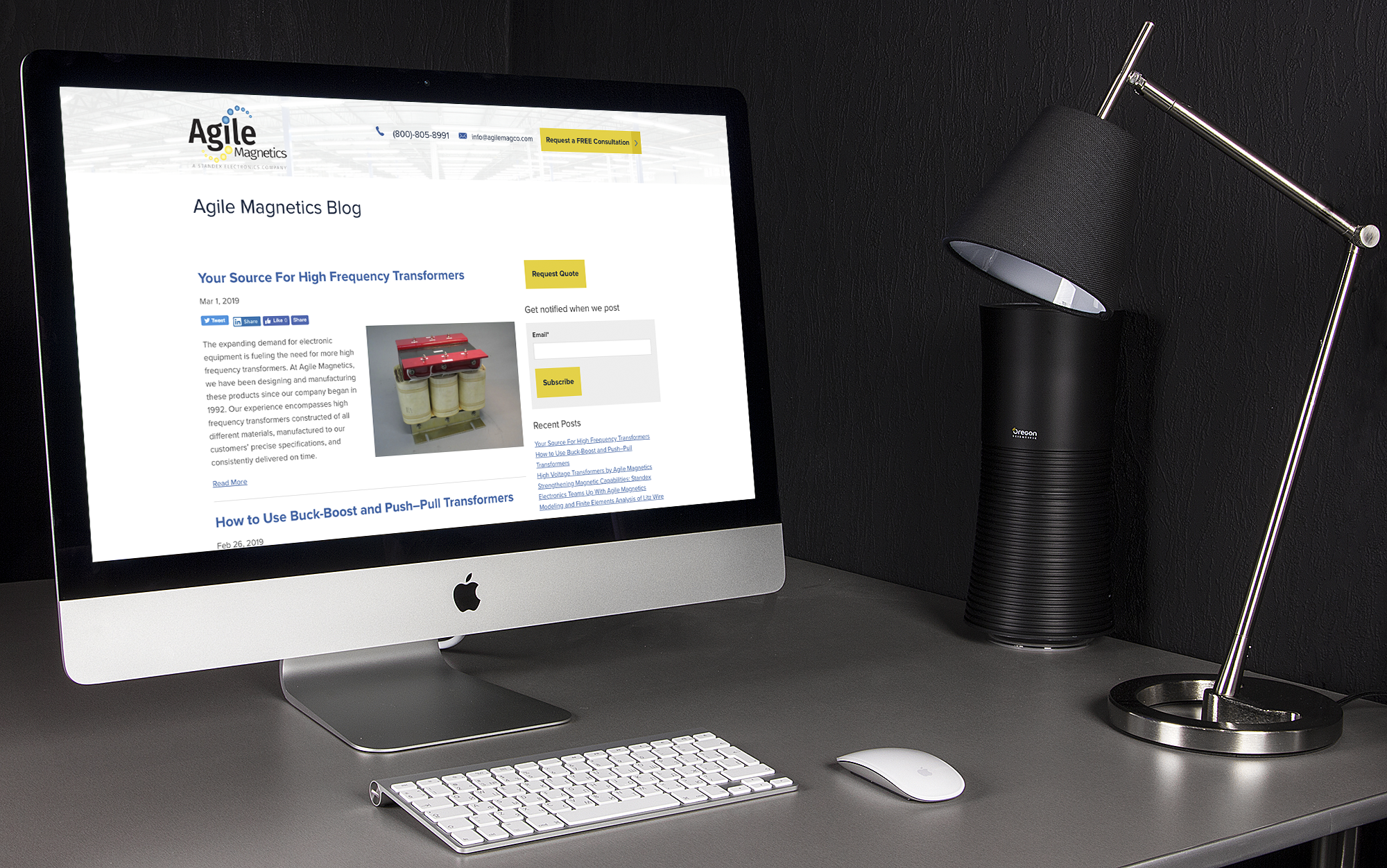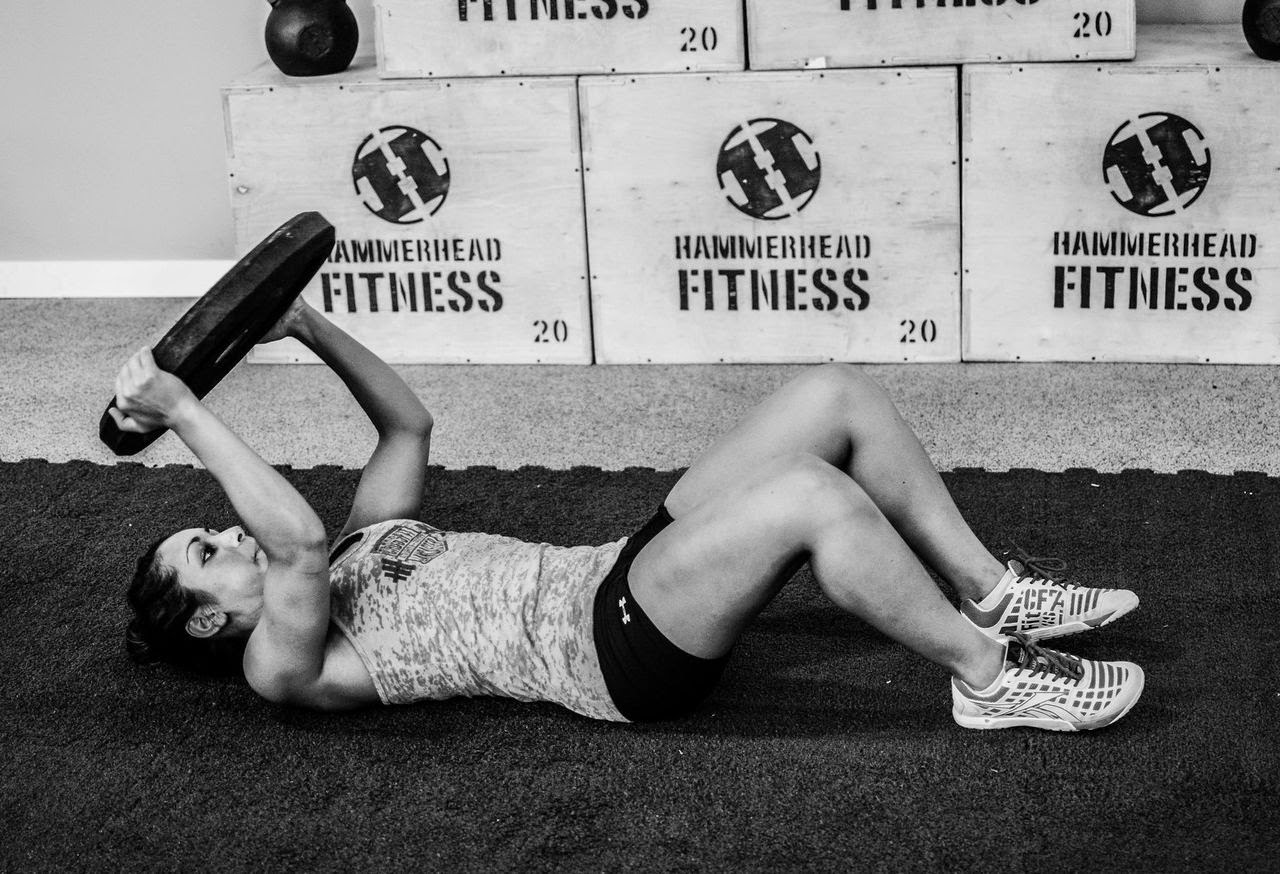8 things you should NEVER cleanse with white vinegar.
In the vast majority of cases, white vinegar is an excellent multi-use product.
It is economical, efficient and natural: what more could you ask for?
At comment-economiser.fr, you know it is our favorite product!
For the home or for the garden, it is essential to clean and maintain everything. Well almost everything ...
Because there are still some rare exceptions wherewhite vinegar should not be used for cleaning.
here is 8 things you should never clean with white vinegar. Look :

1. Granite or marble surfaces

As with stone tiles, using white vinegar to clean your marble or granite countertops or bistro tables can damage their smooth, shiny surface.
This is because acidic cleaners like white vinegar can strip the surface and create a dull or discolored stain.
Fortunately, there is another natural trick to cleaning a marble or granite surface.
Instead of using white vinegar, the solution is to use a mixture of 5 drops of dishwashing liquid with 8-10 drops of rubbing alcohol mixed with 200ml of water.
It is effective and safe to clean and shine stained and yellowed marble. And it also works for granite.
To discover : Tarnished marble? How To Restore It All Its Shine Easily.
2. Waxed furniture

If you use white vinegar to clean waxed furniture, you risk dissolving the wax and leaving the surface rough and matte.
To maintain your waxed wood furniture, use a homemade, wax-based cleaning product instead. Check out the recipe here.
3. Natural stone tile

If you have stone tile in your home, avoid washing it with white vinegar, lemon, or ammonia.
Indeed, the acidity of these products attacks and tarnishes the stone. And to repair the damage, the polishing work costs an arm!
Instead, use this trick to clean stone, concrete, marble, stoneware or ceramic tiles.
4. Egg stain

Cleaning up damage from a broken egg with vinegar is a bad idea. Why ?
Because in contact with the egg, the white vinegar causes the coagulation of protein enzymes in the egg.
Result: stains will be even more difficult to clean!
So if you drop an egg on the floor while cooking, it's best to use something else.
The simplest and most effective is to clean the damage with liquid soap (black or Marseille soap) and hot water.
If you've made a stain on your T-shirt with egg yolk, use this simple trick to remove it.
5. Clothing + bleach

White vinegar is a great laundry cleaner. It removes the musty smell from clothes and makes them look clean.
But NEVER mix white vinegar with bleach.
Why ? Because it creates a toxic gas that is dangerous for your health!
Not to mention that your clothes will be damaged because of this mixture ...
You will understand, it is better to avoid mixing white vinegar and bleach.
To discover : 4 Natural Products You Should NEVER Mix Up!
6. Wooden parquet

Here it all depends on the finish of your floor.
But be very careful, because on some wood floors, the use of white vinegar will damage the finish.
It is therefore preferable to use a special cleaner for wooden floors.
It is still possible to use white vinegar if you dilute it strongly with water or another cleaning product.
To do this, follow this homemade cleaning product recipe. In this case, your floors will be nickel chrome without being damaged.
However, if you don't want to take any risks, we recommend using black soap as explained in this tip (# 2).
And discover here the guide to knowing how to clean any type of floor like a pro.
7. Pearls

Cultured pearls are made of limestone marble and calcium carbonate.
If it comes into contact with white vinegar, the calcium carbonate reacts immediately and not positively!
Indeed, because of the acidity of white vinegar, it dissolves, which damages the pearl irreparably.
It is better to clean the beads with a soft damp cloth.
And once or twice a year, take a soft cloth and put a few drops of olive oil in it. Then wipe your pearls with it.
And it works just as well for cultured pearl necklaces as it does for rings.
8. Dishwasher

At comment-economiser.fr, we regularly recommend that you use white vinegar in your dishwasher to clean it, deodorize it and remove limescale.
Vinegar is safe to use on dishwashers with natural rubber gaskets and ethylene-propylene, silicone, fluorocarbon, virgin Teflon, and synthetic rubber parts.
In some cases, however, the acidity of the vinegar can damage the rubber parts of the appliance.
Its use should in particular be avoided on dishwashers with polyacrylate, fluorosilicone and Buna-N gaskets.
Because if the vinegar stays in contact with this type of seal for too long, it can damage them slightly.
This being the case, note that the water used during the wash cycle dilutes the vinegar. There is therefore little risk of it causing damage to your device.
Just make sure that the white vinegar does not stay in contact with your machine for a long time.

Your turn...
Do you know any other tips that you should avoid cleaning with white vinegar? Share them in the comments with our community. We can't wait to read them!
Do you like this trick ? Share it with your friends on Facebook.
Also to discover:
20 Secret Uses of White Vinegar For a NICKEL HOME.
White Vinegar + Baking Soda: 10 Uses Of This Magic Mix.

